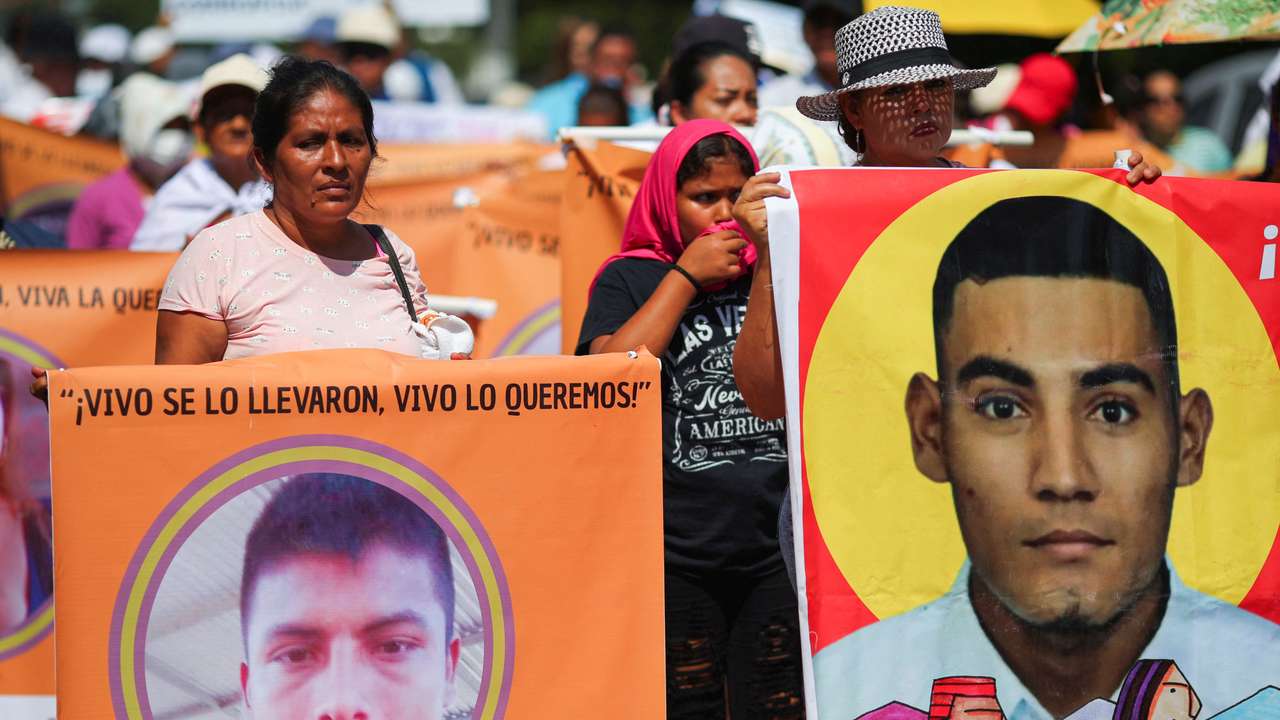The other side of El Salvador's 'war' on gangs: Video

El Salvador’s ongoing battle against gangs has drawn both support and criticism, as President Nayib Bukele’s administration continues its aggressive crackdown on criminal groups.
In response to a surge in murders in March 2022, the government declared a state of emergency, suspending certain constitutional rights and granting law enforcement broad powers to arrest suspects without warrants. This move has led to the detention of tens of thousands of alleged gang members, but it has also raised concerns over human rights violations.
Many Salvadorans have backed the government’s tough measures, hoping for an end to the violence that has plagued the country for years. Gangs in El Salvador have long controlled territories, engaged in extortion, and committed violent crimes, leaving entire communities under their influence.
However, reports from human rights organisations indicate that the crackdown has resulted in overcrowded and unsanitary prison conditions, with many detainees denied basic amenities. Critics argue that the campaign has led to arbitrary arrests, with innocent individuals swept up in the government's "war" against gangsters.
One such case is that of Yessica Mercedes, a 43-year-old seamstress whose family has been deeply affected by both gang violence and the government’s response.
Mercedes shared her story, revealing that one of her brothers was killed by gang members, while another was jailed during the government’s crackdown.
“I have a brother who died. I have funeral receipts that say he died because of the same criminal groups that lived there. He lost his life after being beaten until he was in a coma,” Mercedes told AFP.
She stressed that neither of her brothers was involved with gangs, saying her family had been caught between gang violence and the government’s aggressive anti-gang campaign. “I am not defending, or against, the government. What I want is for them to hand over my innocent brother. That's what I want: to be able to take care of him, give him his medication, have him in my home, take care of him myself. I don't want to take him out of prison in a coffin,” she added.
Antonio Zavala, a businessman who served a 13-month prison sentence for "aggravated fraud," echoed concerns about prison conditions. He disclosed to AFP, “Extortion no longer comes from the gangs (‘pandillas’), but from the government."
The government has detained over 85,000 adults and more than 3,000 minors aged 12 to 17 in its effort to combat gang violence. However, human rights groups estimate that a significant portion of those detained may be innocent. “Based on the numbers, we estimate that at least 30% of those on trial are innocent,” said Ingrid Escobar, director of Salvadoran NGO Socorro Juridico Humanitario.
In a 2023 BBC report, El Salvador's vice-president Felix Ulloa acknowledged that thousands of those arrested were likely not involved in gang-related crimes. Despite this, he defended the security measures, arguing that the crackdown has brought a level of peace that the country has not seen in years. "It's not perfect, but it's good. We've done something really good here," Ulloa told BBC.